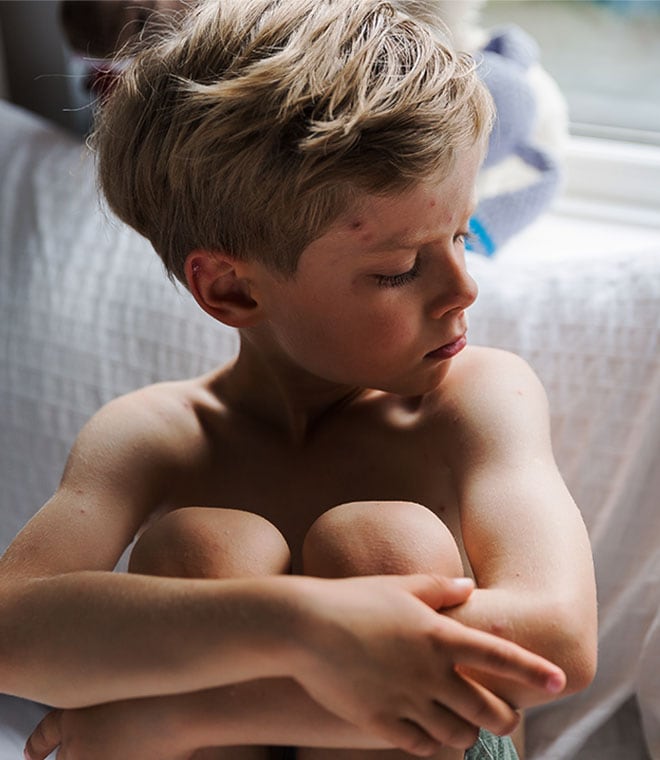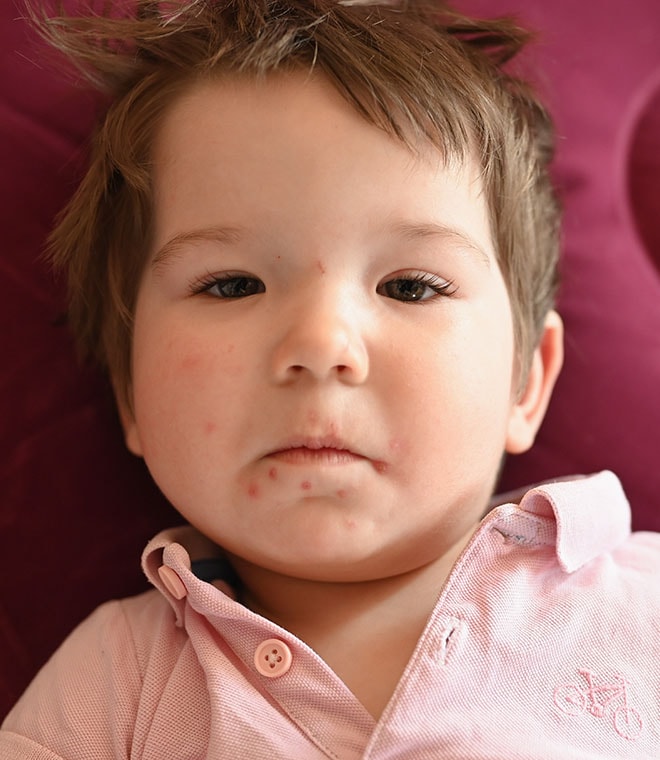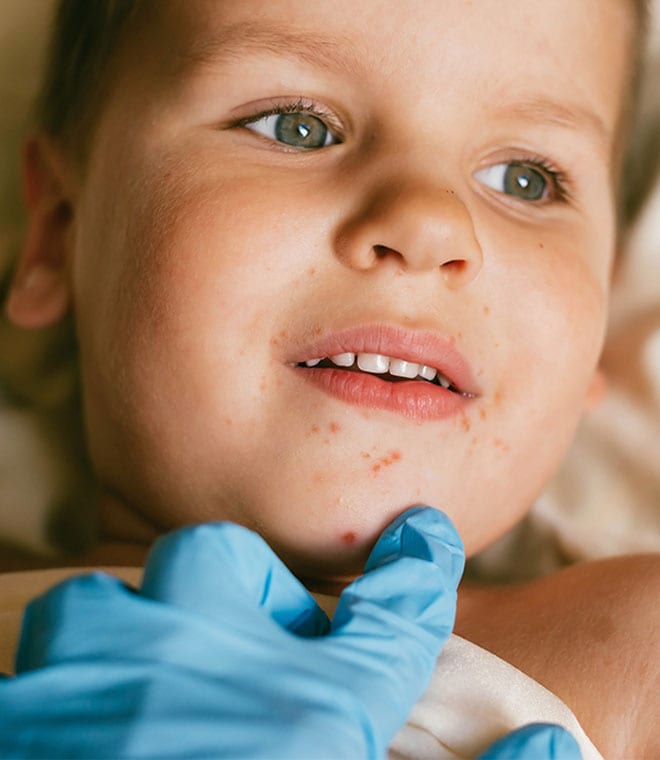Health
How long does impetigo last?
By Anna H. Chacon, MD, Fellow of the American Academy of Dermatology Nov 05, 2024 • 2 min
Impetigo is a short-lived bacterial infection that typically goes away on its own within a few weeks. It’s contagious and can spread to other people or other parts of your body. However, with treatment, healing should start within a few days. Treatment usually involves antibiotics, either as an ointment or taken by mouth. Most people are no longer contagious after being treated with an antibiotic for 24 to 48 hours. It’s important to keep all lesions covered with a bandage to help prevent spreading impetigo.
A mild case of impetigo that doesn’t involve widespread sores on the body is typically treated with topical antibiotics you apply directly to the sores. Use the medication as directed by your healthcare provider to promote healing and prevent reinfection.
A severe or widespread case of impetigo is typically treated with oral antibiotics. Take all of the pills your healthcare provider prescribes, even if your symptoms improve or disappear, to ensure the infection doesn’t come right back.
The sooner impetigo is addressed by your healthcare provider, the easier it will be to treat, and the faster it will go away. If you delay seeking medical attention, there’s a risk that the bacteria will spread — and with it, the infection. Complications of impetigo are rare, but delaying treatment increases your risk for more serious problems.
Updated by Julie McDaniel, MSN, RN, CRNI, November 2024.
Sources:
- https://www.cdc.gov/group-a-strep/about/impetigo.html
- https://www.ncbi.nlm.nih.gov/books/NBK568809/
- https://pubmed.ncbi.nlm.nih.gov/25250996/
- https://pubmed.ncbi.nlm.nih.gov/28613693/
- https://kidshealth.org/en/teens/impetigo.html
- https://www.ncbi.nlm.nih.gov/books/NBK279536/
- https://kidshealth.org/en/kids/impetigo.html
- https://www.aad.org/public/diseases/a-z/impetigo-self-care



